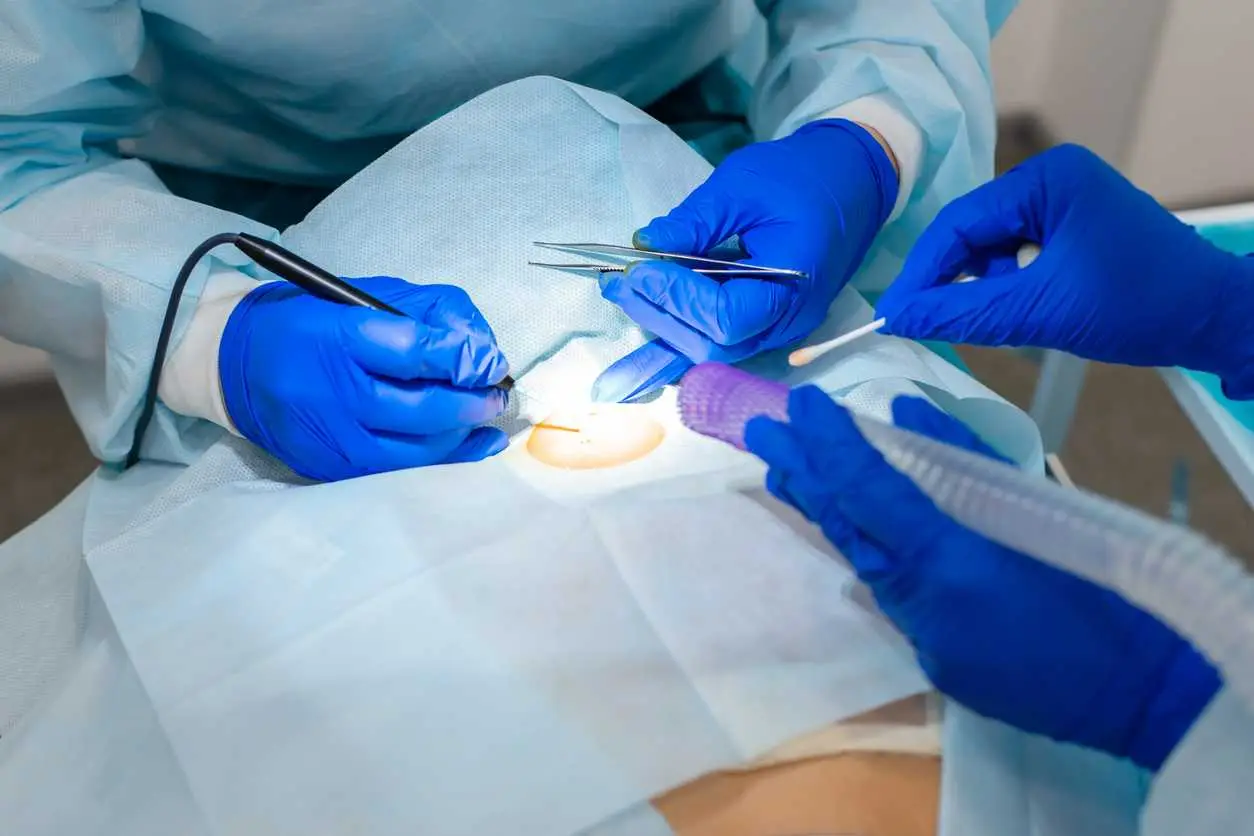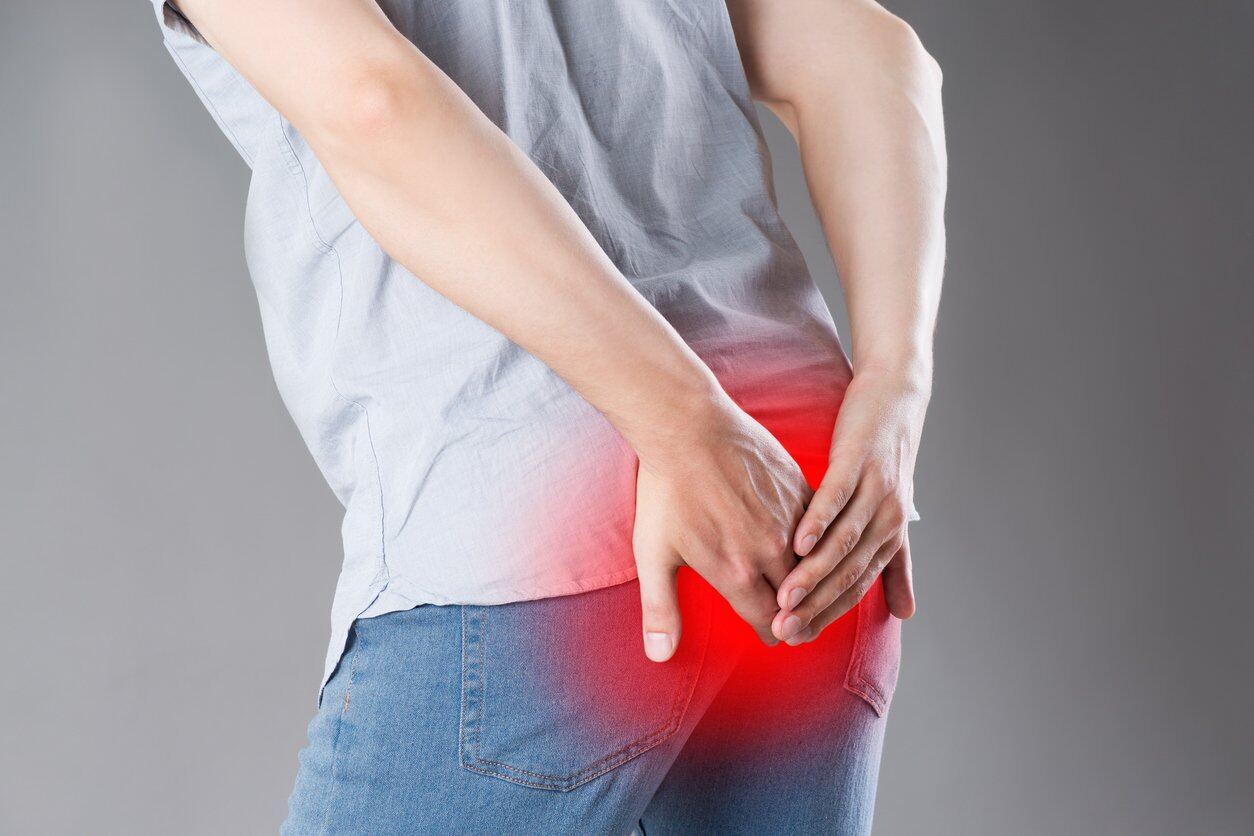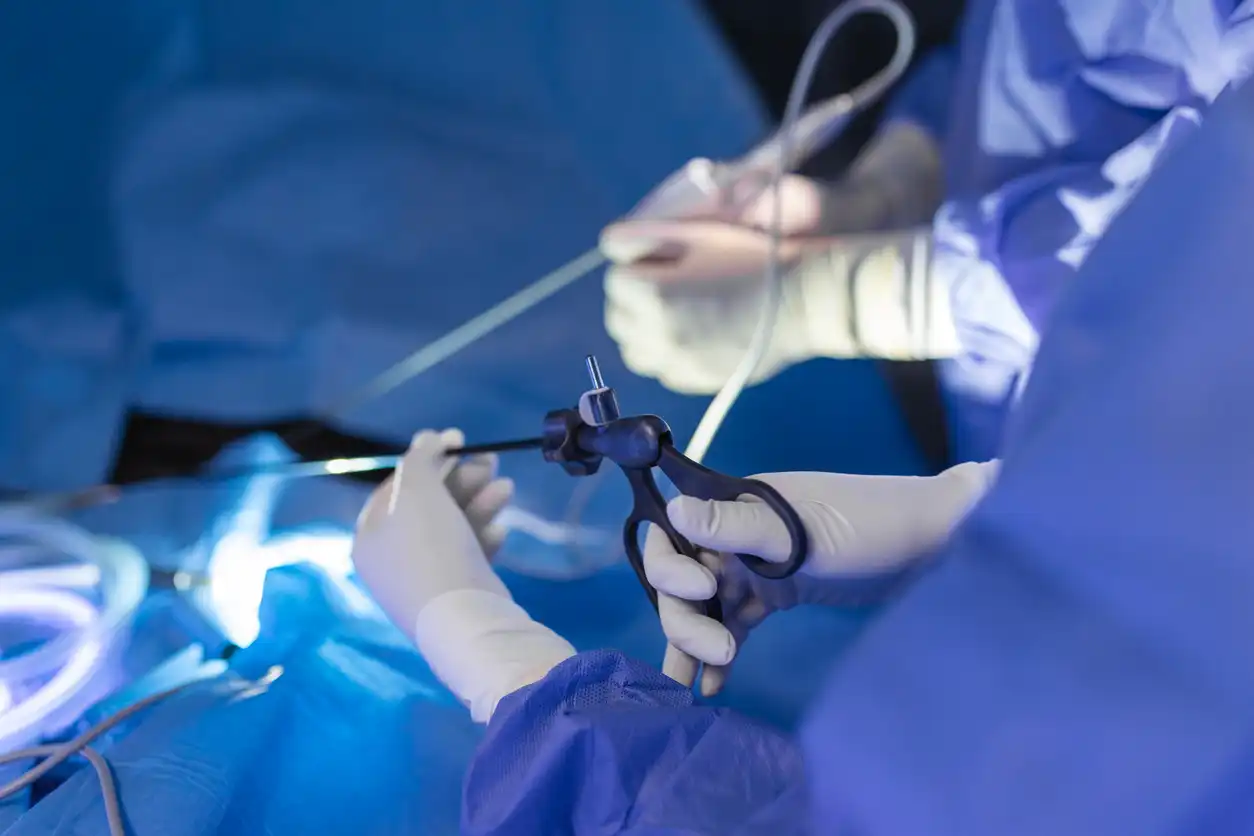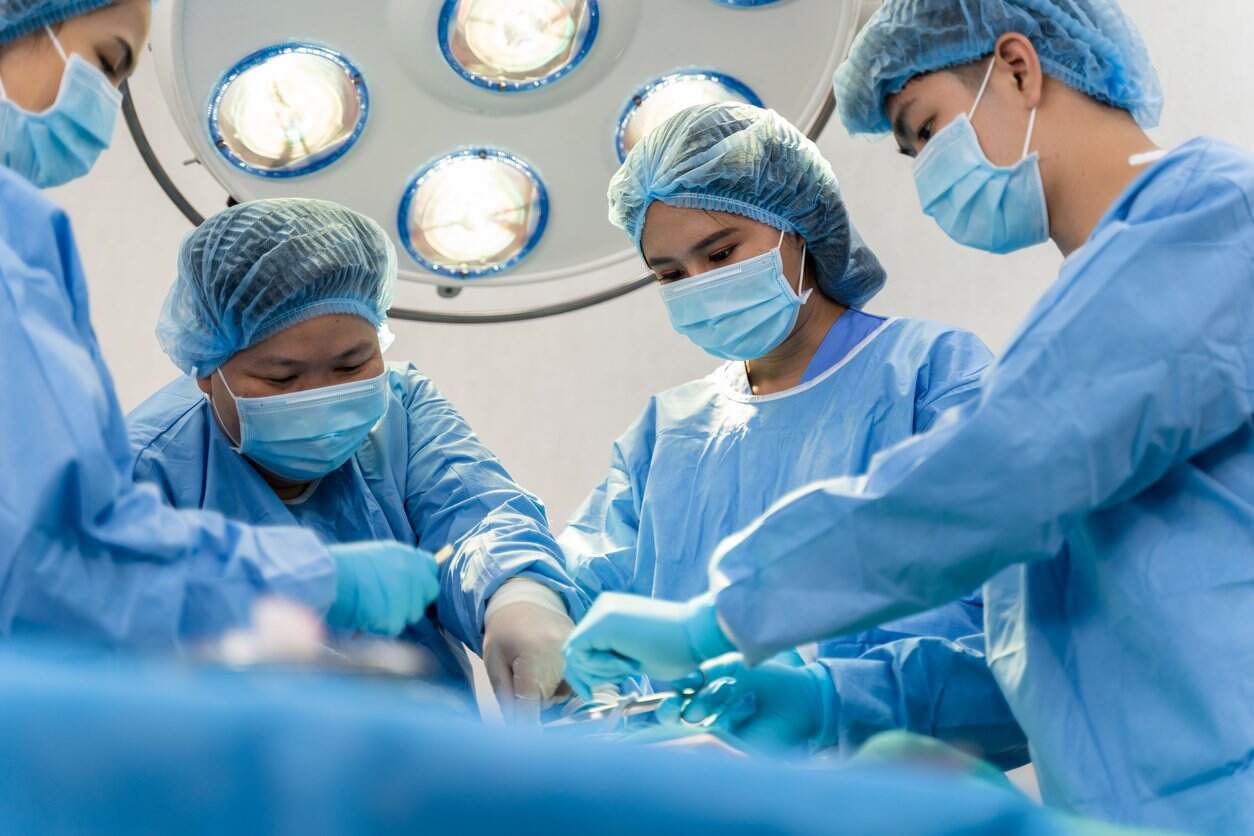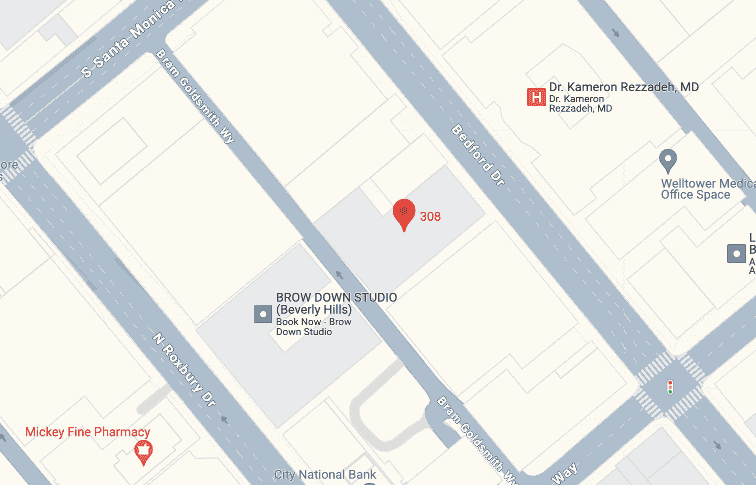First off, what is a pilonidal sinus?
A pilonidal cyst is easily identifiable, as it is a large mass of tissue located at the top crease of the buttock (may be found anywhere between the lower spine to the anus). Researchers do not fully understand the main cause of a pilonidal cyst but link them to ingrown hairs. A loose hair can become embedded under the skin through friction, causing the body to create a sac around it out of protection; this sac may contain air, fluid, hair, and other debris. If infected, the sac can drain foul-smelling pus and blood.
What is the difference between a pilonidal cyst and a pilonidal sinus?
The language for pilonidal disease can be confusing as there are multiple terms associated with it – abscess, pits, cysts, etc. The cyst is the cavity of the pilonidal cyst. Typically, pilonidal cysts will have small tunnels leading to the skin, and these tunnels are the sinuses. All in to say, most patients with will have both a pilonidal cyst, the main problem, and the cyst’s associated sinuses (tunnels to the skin tissue).
Can a pilonidal sinus heal without surgery?
The only way to effectively and safely get rid of a pilonidal cyst is consultation with a medical specialist to discuss definitive treatment.
However, there are a few things that you can do at home to help alleviate the pain and discomfort before the procedure. Applying a damp, warm compress a few times a day can help relieve pain, discomfort, and itching, as it will help the debris trapped under the skin to make its way out of the follicle. Another helpful tip is to soak in a warm bath to help alleviate any pain or discomfort.
Can a pilonidal cyst go away naturally?
Yes and no. Pilonidal sinuses do not fully heal on their own, instead, the symptoms and the size of the sinus can go away after some changes to your day-to-day routine, and introducing some hygienic practices. If a pilonidal sinus becomes asymptomatic, it may not require any treatment. Even though it has gone quiet, it is still there. But that is the key, your physician should be treating you because the pilonidal cyst symptoms are problematic, not because the cysts in of themselves are dangerous if left untreated. There are many people that have asymptomatic cysts that are untreated, and this is perfectly safe and fine.
Can you live with a pilonidal sinus?
There are many people that have asymptomatic cysts that are untreated, and this is perfectly safe and fine.
Can you treat a pilonidal sinus at home?
Generally speaking, a controlled drainage by a physician is considered optimal to allowing a cyst to drain on its own. The main reason is that once a cyst starts draining, it is important to ensure that it fully drains. Infections become more complex when they partially drain, and then immediately recur before they have fully resolved.
How do you permanently get rid of pilonidal sinus?
While at-home remedies can alleviate the symptoms and the pain that accompanies a pilonidal sinus, medical intervention is the route that can provide the best results. It is important to note, there is no way to guarantee a pilonidal sinus will not return as every case is different, but consulting a colorectal specialist –someone who has worked with this type of skin infection– will lessen the likelihood of recurrence. Dr. Kamrava always stresses, that any surgeon that offers 100% results, or perfect results, is either lying or has not performed enough surgery. There is no treatment that works in 100% of patients.
How do you prevent pilonidal sinus?
Preventing a pilonidal sinus is always the best course of action when possible, especially if you are aware that you have a predisposition to the condition. If you sit for long periods of time or have a job that requires you to sit for an extended period of time, try to make a habit if possible of standing, stretching, and going for a quick walk. Wearing tight pants, skirts, or other tight clothing creates sweat and friction in the area making the odds of developing a pilonidal sinus increase, so wearing looser clothing may be an option you want to consider. Lastly, keeping your buttocks dry and clean as well as any hair growth in that area trimmed or removed will further decrease your odds of developing pilonidal sinuses.
Los Angeles Pilonidal Sinus Treatments
If you or someone you know is suffering from a pilonidal cyst or a pilonidal sinus, Dr. Allen Kamrava is Los Angeles’ best colorectal surgeon. He is dedicated to making sure you get the best care possible and will help you get relief. To schedule an appointment call (424) 279-8222.

